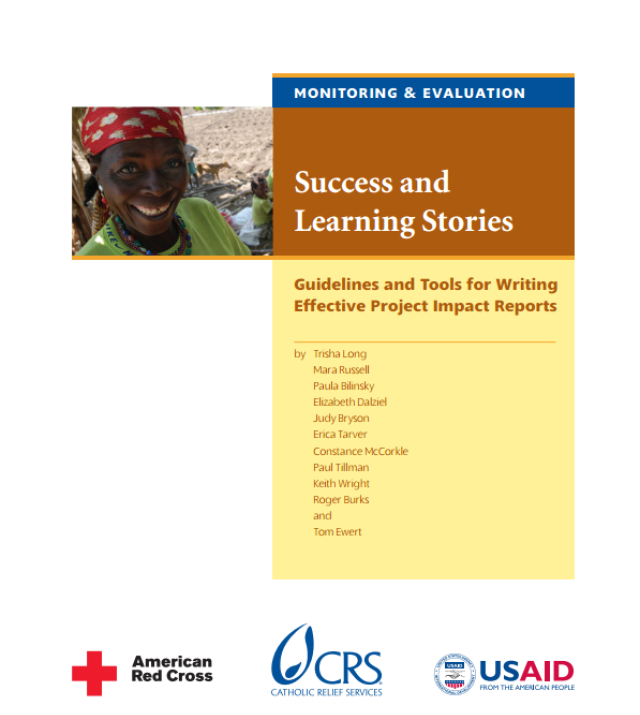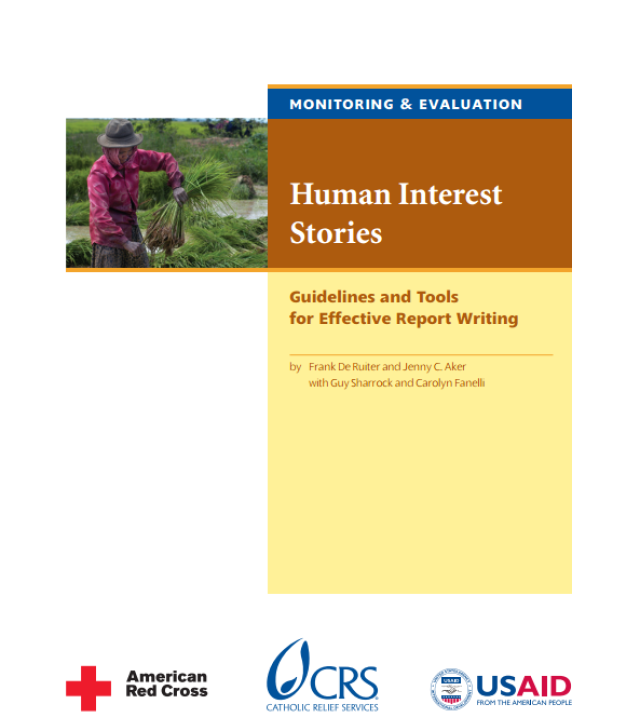
Evaluating the Impact of Development Projects on Poverty A Handbook for Practitioners

Many governments, institutions, and project managers are reluctant to carry out impact evaluations because they are deemed to be expensive, time consuming, and technically complex, and because the findings can be politically sensitive, particularly if they are negative. Many evaluations have also been criticized because the results come too late, do not answer the right questions, or were not carried out with sufficient analytical rigor. A further constraint is often the limited availability and quality of data.
Yet with proper and early planning, the support of policymakers, and a relatively small investment compared with overall project cost, a rigorous evaluation can be very powerful in assessing the appropriateness and effectiveness of programs. Evaluating impact is particularly critical in developing countries where resources are scarce and every dollar spent should aim to maximize its impact on poverty reduction. If programs are poorly designed, do not reach their intended beneficiaries, or are wasteful, with the right information they can be redesigned, improved, or eliminated if deemed necessary. The knowledge gained from impact evaluation studies will also provide critical input to the appropriate design of future programs and projects.
This handbook seeks to provide project managers and policy analysts with the tools needed for evaluating project impact. It is aimed at readers with a general knowledge of statistics.

